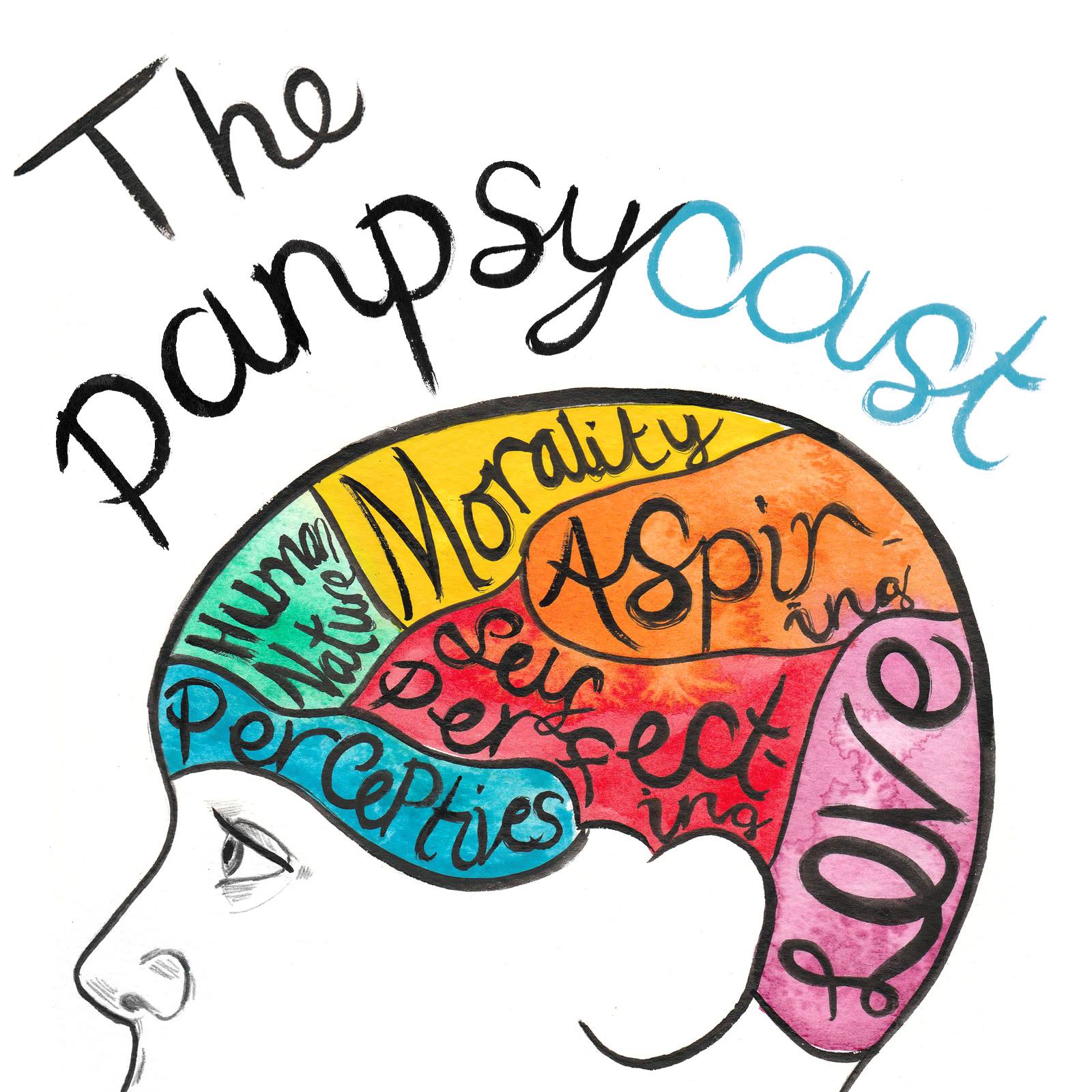Welcome to 'Episode 69 (Part II of II)', where we'll be be discussing the ethical implications of panpsychism with returning guest, Philip Goff.
Galileo Galilei is widely considered to be the father of modern science and one of the greatest philosophers to have lived. Galileo played a pivotal role in the developments of the scientific revolution, overturning key tenets of Aristotelian physics and most significantly, advocating mathematics as the language of science. For Galileo, the physics of the past was plagued with unhelpful sensory qualities like colours, tastes, smells and sounds; for science to make progress, he thought, ‘the book of the universe’ must be written in a purely quantitative language.
For Durham University’s Philip Goff, this was Galileo’s Error. The hard problem of consciousness was born when Galileo stripped consciousness away from the scientific picture. Somehow, we must find a way back. We must lay the foundations for a new science - a new science of consciousness.
The file size is large, please be patient whilst the podcast buffers/downloads/combines lots of little minds to form one big mindThis episode is proudly sponsored by Gaston Luga backpacks.
Head over to www.gastonluga.com and get 15% off any purchase with the discount code PANPSY15.
Contents
Part I. Foundations for a New Science of Consciousness
Part II. Further Analysis and Discussion


